Search Results for can
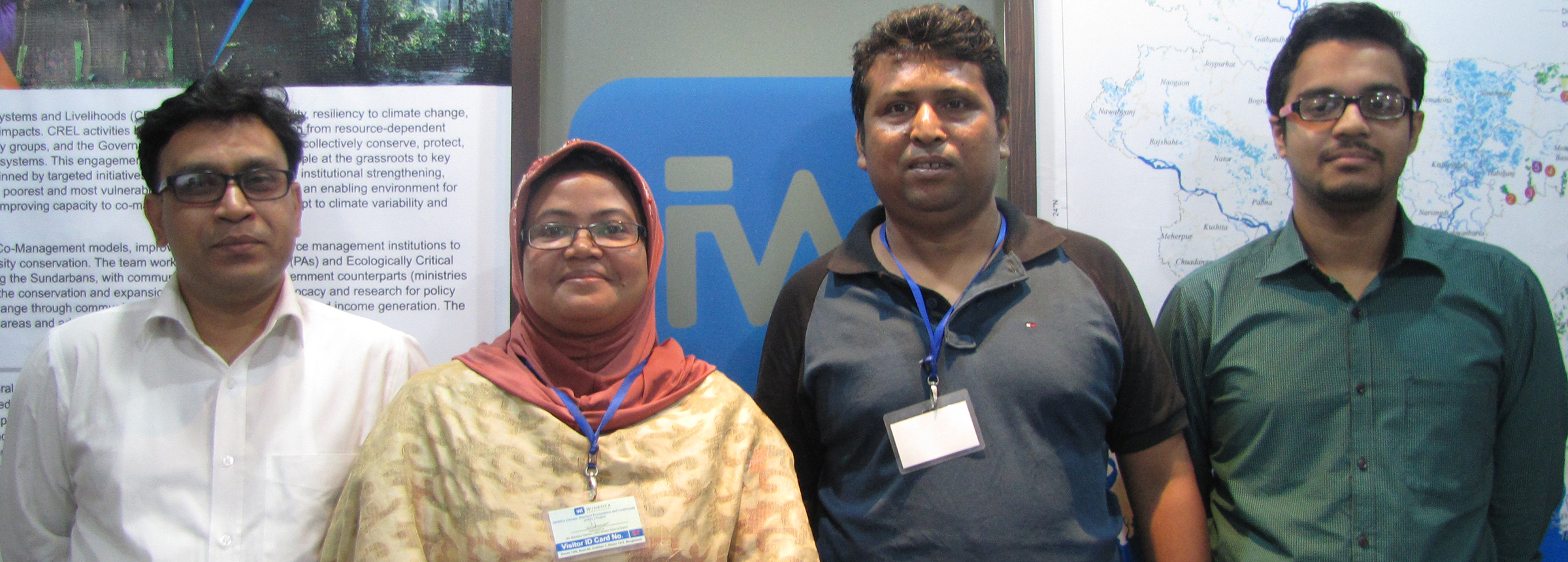
Creating a Legal Basis for Community Co-management of Wetlands (Under USAID CREL Project in Bangladesh) (2016-2018)
resource
In Bangladesh, freshwater wetlands provide fish, an important source of protein, to millions of people. These “haor” ecosystems are threatened by over-harvesting of fish and destruction of wetlands for other land uses. Evidence from other countries shows that community-based approaches to conservation can protect fragile ecosystems, like haors, from overexploitation. However, in Bangladesh, there is […]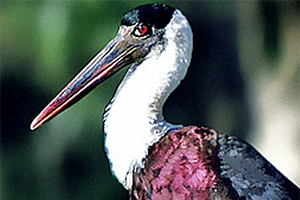
A Guidebook Highlighting the Beautiful Birds of Cambodia’s Sandan Ecotourism Site
April 21, 2017|post
Phnom Penh, Cambodia – 21 April 2017 – In celebration of International Earth Day, the USAID Supporting Forests and Biodiversity Project (USAID SFB) is offering a free, easy-to-use guidebook about the birds at Kampong Thom’s Sandan community-based ecotourism site. The guidebook, which can be downloaded free, has high-definition pictures and detailed information about 50 significant bird […]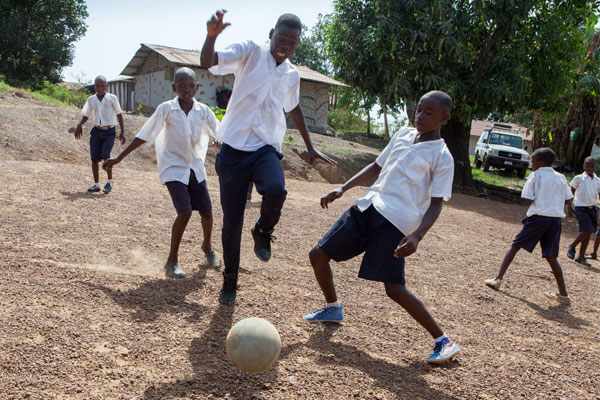
Liberia rallies the fight against child labor
April 20, 2017|post
Winrock’s communications officer for the ARCH project, Victor Z. Davis, produced this short film about Jerry’s journey from rubber tapper to prosperous pork producer. The video features photos by award-winning photographer, Paolo Patrizi. At the National Sustainability Conference on Child Labor in Monrovia, Liberia, children chat and laugh as they look at photos on the wall. […]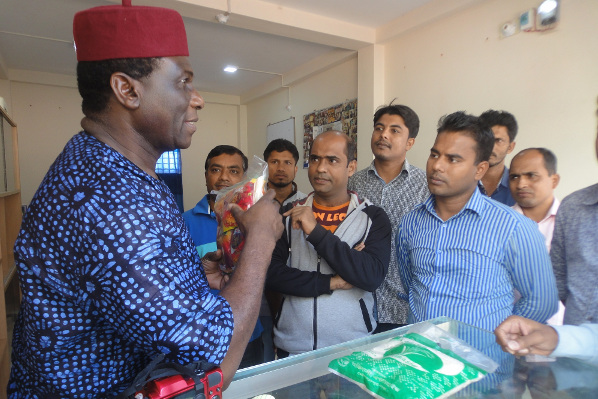
An Interview with Johnson Ndi: Youth Entrepreneurship in Bangladesh
April 11, 2017|volunteer
This week’s blog comes from F2F volunteer, Johnson Ndi. He is an Organizational Development Specialist who has travelled and worked in over 59 countries across the world, volunteering with numerous NGOs in the area of development. Mr. Ndi served as a Peace Corps Response Volunteer from 2014-2015, working as a membership and marketing communication specialist with the Global […]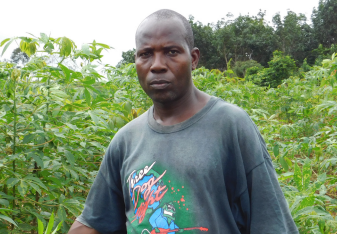
ARCH Project’s Livelihoods Program Improves Opportunities for Producers and Transforms the Life of Jerry and His Family
resource
Jerry T. lives with his wife and five children in Gwee Town, Todee District, Montserrado County. Before the arrival of the ARCH Project in his community, Jerry and his family had been surviving on the little earnings he received from fire coal burning, which involves slowly burning wood until it becomes a coal-like material that […]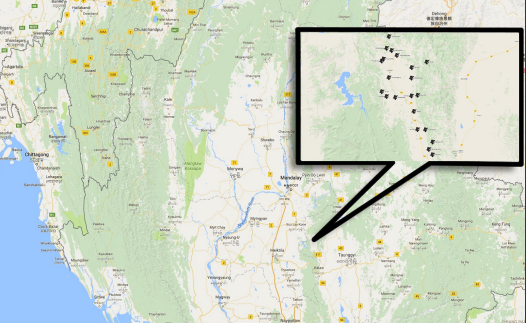
Coffee Communities in Shan State, Myanmar, 2017
resource
This booklet is made possible by the generous support of the American people through the United States Agency for Interna-tional Development (USAID). The contents are the responsibility of Winrock International and do not necessarily reflect the views of USAID or the United States Government.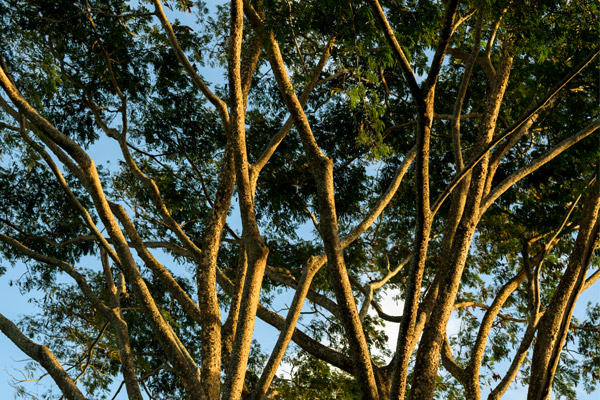
Anatomy of a Breakthrough
April 10, 2017|post
By Anne Cassidy; illustrations by Jessica Kelley When viewed from above, deforestation is a brown gash in a green world, vivid proof that what once was verdant has succumbed to the axe or the bulldozer. Forest degradation — the loss of trees from logging, fires or harvesting firewood — is much more difficult to detect, […]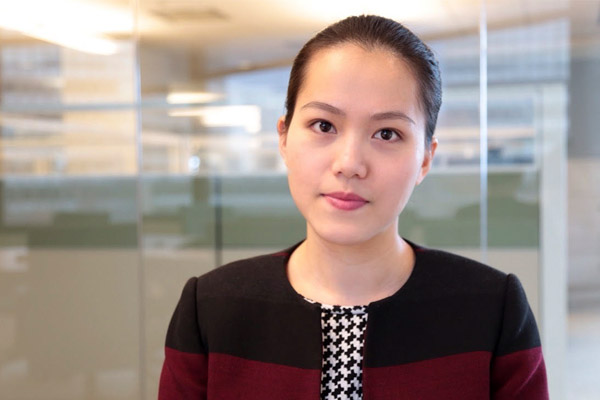
The Journey from Research to Policy
April 4, 2017|post
Since the 1980s, Winrock has implemented multiple projects in Bangladesh, one of which is the USAID-funded Climate Resilient Ecosystems and Livelihoods (CREL) project (2012-2017), which seeks to improve livelihoods and the environment. Under CREL, Winrock’s John D. Rockefeller 3rd (JDR3) Program, which supports evidence-based research by local researchers to inform policy, commissioned two research teams […]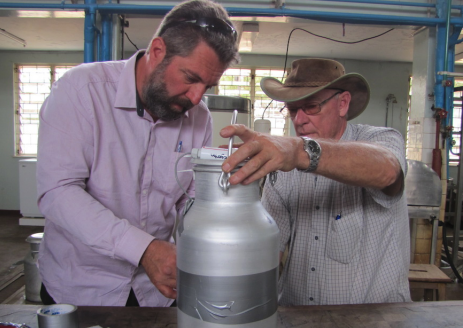
Solar Milk Cooling: Smallholder Dairy Farmer Experience in Kenya Conference Proceedings
resource
The USAID Photovoltaics for Sustainable Milk for Africa through Refrigeration Technology (PV SMART) project is a new and creative concept of providing on-farm solar milk refrigeration for off-grid dairy farmers in Kenya. It uses a modified off the shelf direct drive photovoltaic refrigerator (PVR) technology, coupled with innovative cooling and energy storage approaches to chill […]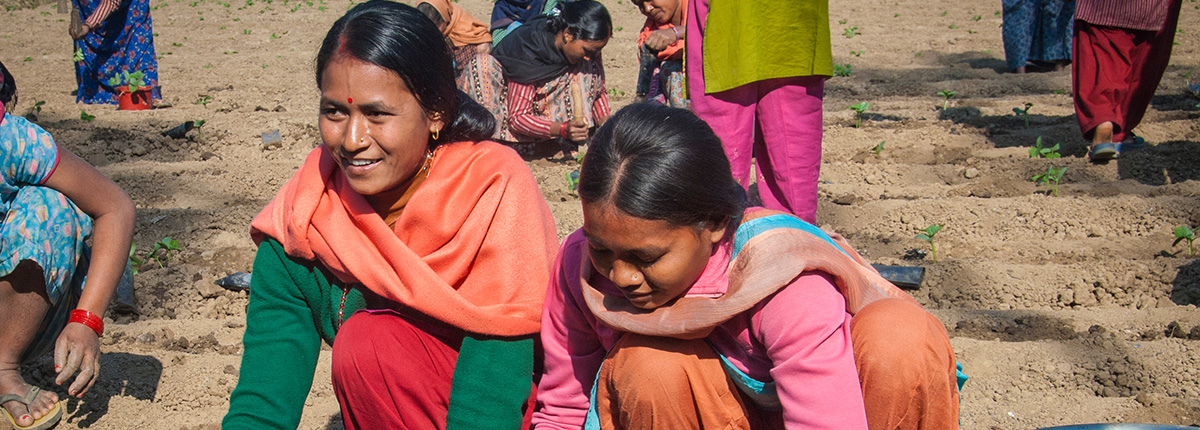
Opportunities for Youth
page
COMPLEX PROBLEM: Nearly half of the world’s billion-plus youth population is locked in a state of poverty due to unemployment, underemployment, and an overall lack of economic opportunity. This reality has implications for both individuals and entire societies. The United Nations reports that countries with a youth population above 30 percent are at higher risk […]